Field of Study for Short-Term Certificate Recipients
In 2021, over half of all short-term certificates were awarded in manufacturing, military technology, and other applied fields (26.5 percent) or health care fields (26.2 percent).
- Nearly one-third of American Indian or Alaska Native (30.1 percent) and White (29.3 percent) students earned a short-term certificate in manufacturing, military technology, and other applied fields, while around 16 percent of Asian (16.8 percent) and international (16.4 percent) students did so.
- Health care was the most popular field of study, except among Asian, White, and international students.
- International students chose business and personal and consumer services as their top field of short-term certificate completions (30.3 percent).
- Around a quarter of Asian (27.3 percent) and Hispanic or Latino (23.6 percent) students earned a short-term certificate in general studies and other fields. In contrast, 8.4 percent of Black or African American students did so.
- More than 15 percent of international (15.9 percent) and Asian (15.6 percent) students earned a short-term certificate in STEM fields, compared with 9.4 percent of Hispanic or Latino students.
Report Links
Race and Ethnicity in Higher Education: 2024 Status Report
Chapter Four: Undergraduate Completion
Chapter Four Report Download (PDF) 1.9 MB
Chapter Four Data Tables Download (XLSX) 144 KB
Source
U.S. Department of Education, Integrated Postsecondary Education Data System, 2021
Data Notes
Data reflect short-term certificates earned at all Title IV–eligible, degree-granting institutions.
Short-term certificates include those that were of less than two academic years.
STEM fields includes computer and information sciences, engineering and engineering technology, biological and physical sciences, science technology, math, and agriculture.
General studies and other programs includes fields such as liberal arts and sciences, interpersonal and social skills, personal awareness and self-improvement, and multi- or interdisciplinary studies, among others.
Other applied fields in this figure includes manufacturing, construction, repair and transportation; military technology and protective services; education; architecture; communications; public administration and human services; design and applied arts; law and legal studies; library sciences; and theology and religious vocations.

